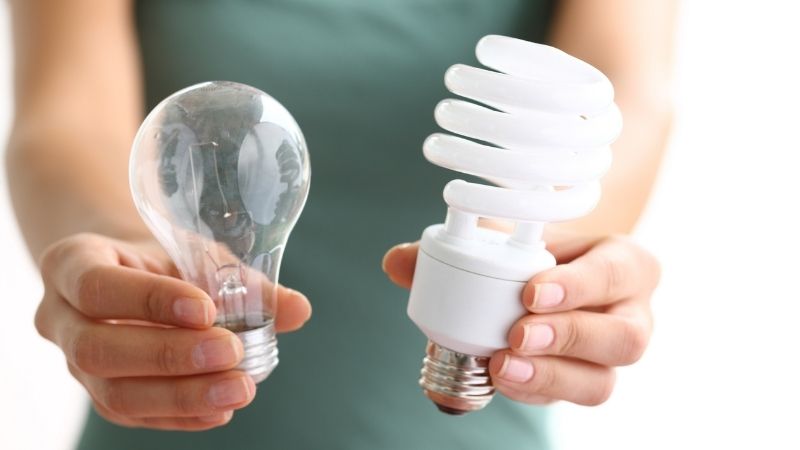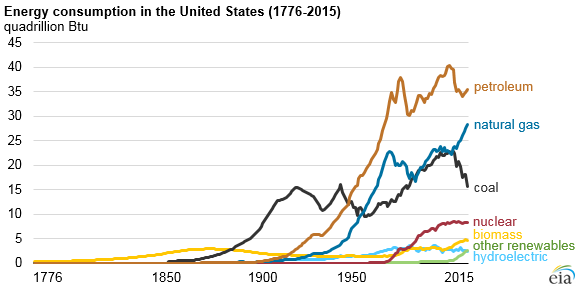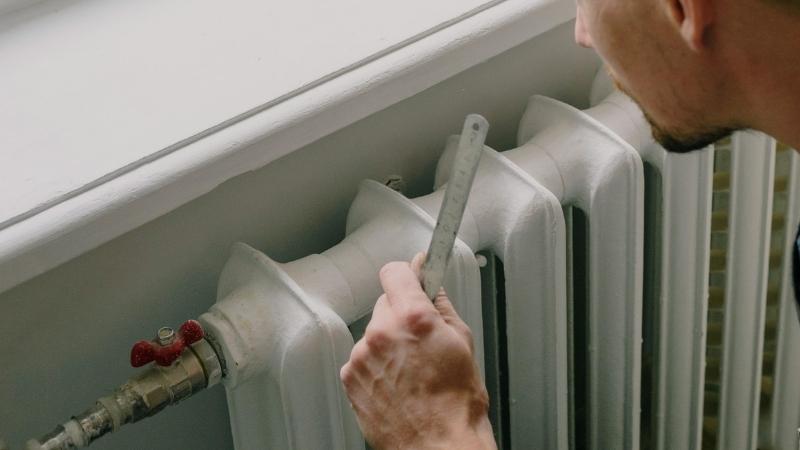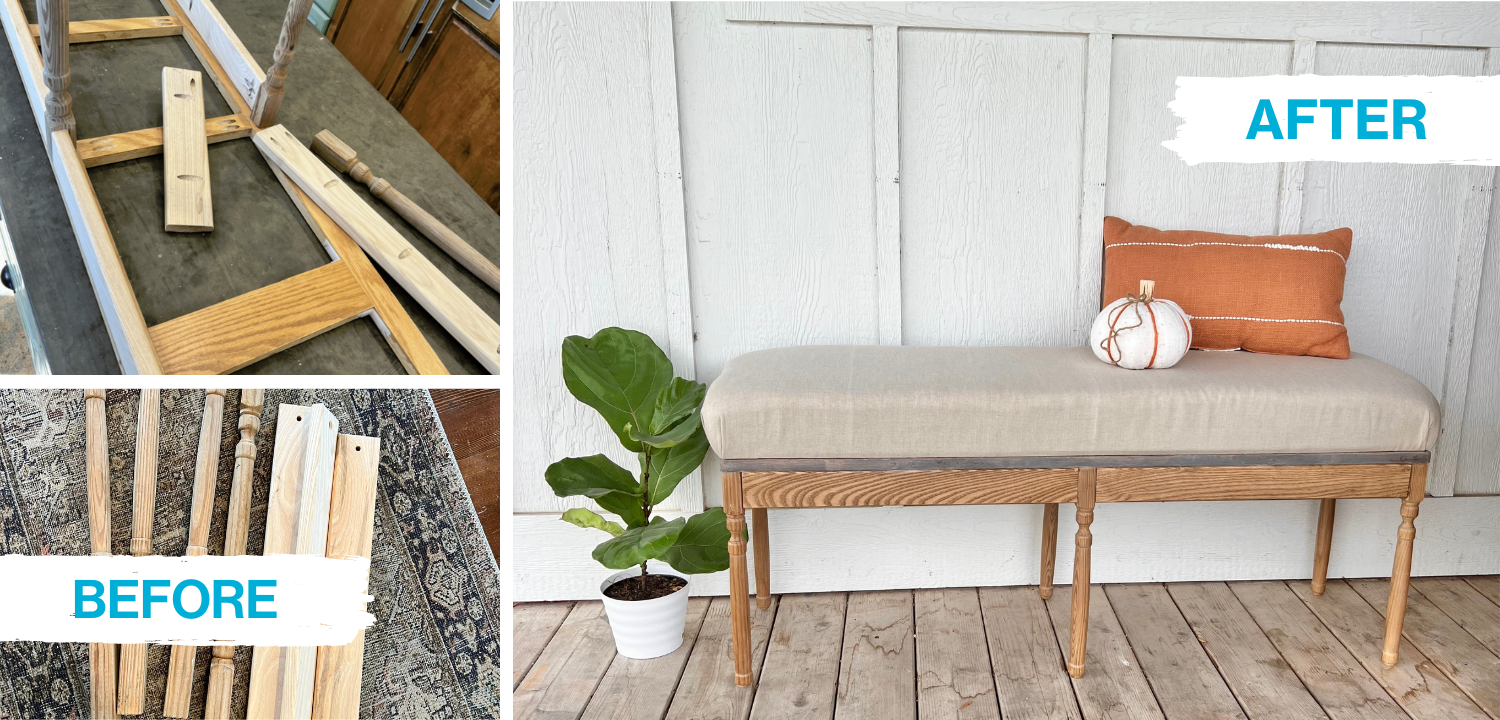Cold Home? Here are 5 Heating Assistance Resources
Winters in Minnesota are well-known for being both cold and snowy, and we’ve certainly had a lot of both this year. Keeping your home warm in such...
2 min read
 Jackie Moore
:
10:00 AM on October 14, 2022
Jackie Moore
:
10:00 AM on October 14, 2022

As the weather gets cooler, most of us are closing our windows and getting ready to turn the heat on in our homes. But as we all know, using the furnace takes a lot of energy.
According to the Energy Information Administration, fossil fuels power most of the electricity in the United States, and electricity makes up most of our energy usage.

Source: U.S. Energy Information Administration, Monthly Energy Review
While renewable energy sources such as wind, solar, and water power are growing in popularity, the effects of fossil fuel processing for electricity are still significant, leading to increased greenhouse gases and air pollution.
Responsible energy usage is an important part of Twin Cities Habitat’s work, which has included building a net zero home and becoming the largest builder of ENERGY STAR homes in Minnesota.
Making your home more energy efficient not only helps the environment, but it can also save you money. For Energy Awareness Month, we’ve provided some helpful tips to get the best use out of your home.
This may seem like a lot of information, but you don’t need to start all of these projects at once. Doing even one or two things on this list will help reduce your energy bill and have a positive impact on the environment.
Take a look at the links below for some discounts, rebates, and resources to get you started on making your home more energy efficient!
CenterPoint Energy Programs & Tips
Your gift unlocks bright futures! Donate now to create, preserve, and promote affordable homeownership in the Twin Cities.

Winters in Minnesota are well-known for being both cold and snowy, and we’ve certainly had a lot of both this year. Keeping your home warm in such...

October's nearly over, so get your last-minute autumn and Halloween decoration ideas here! You'll also see the incredible creativity of our Fall Flip...

At long last…spring has arrived! At Twin Cities Habitat for Humanity, we know a thing or two about building quality homes and keeping them well...